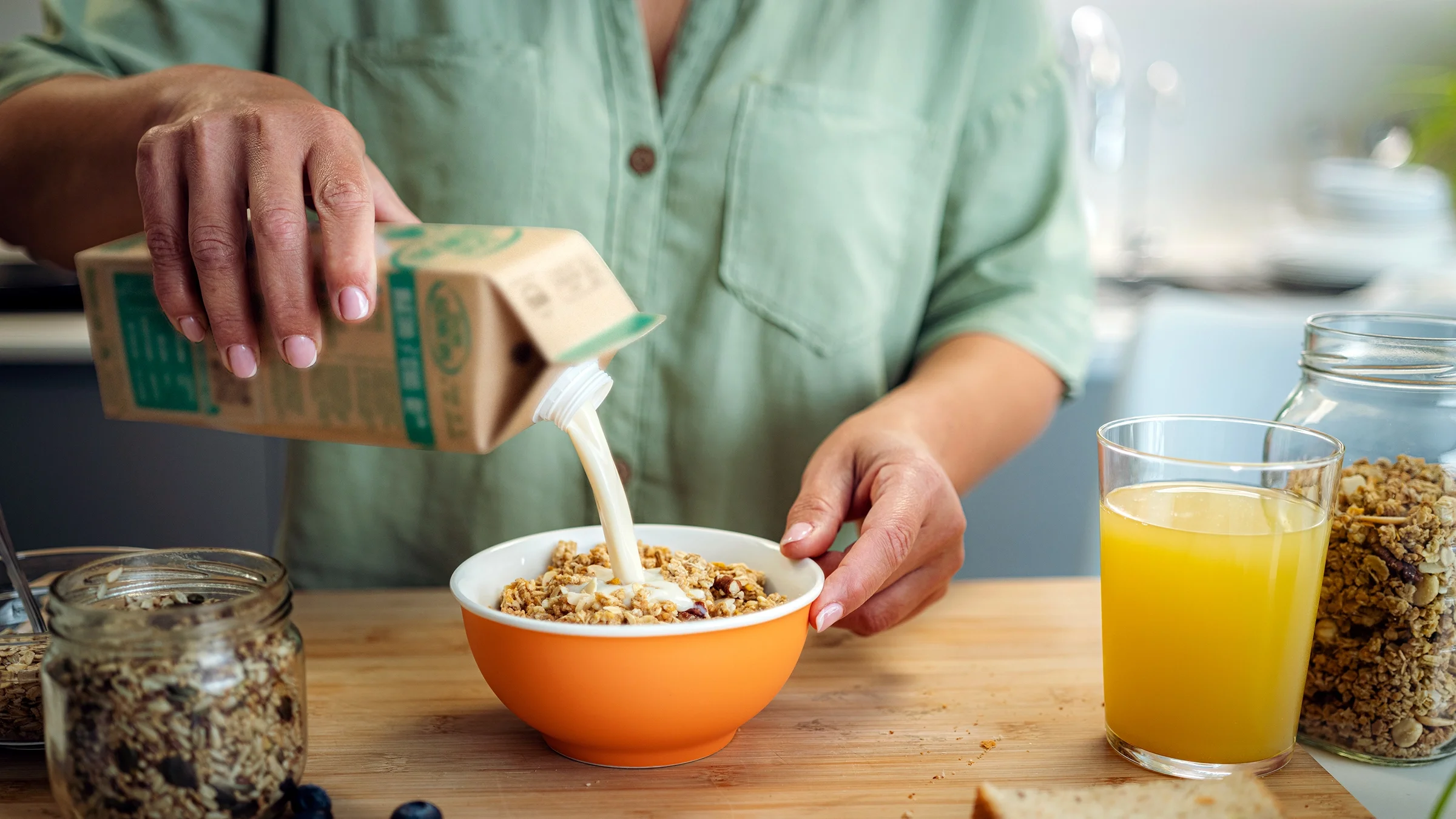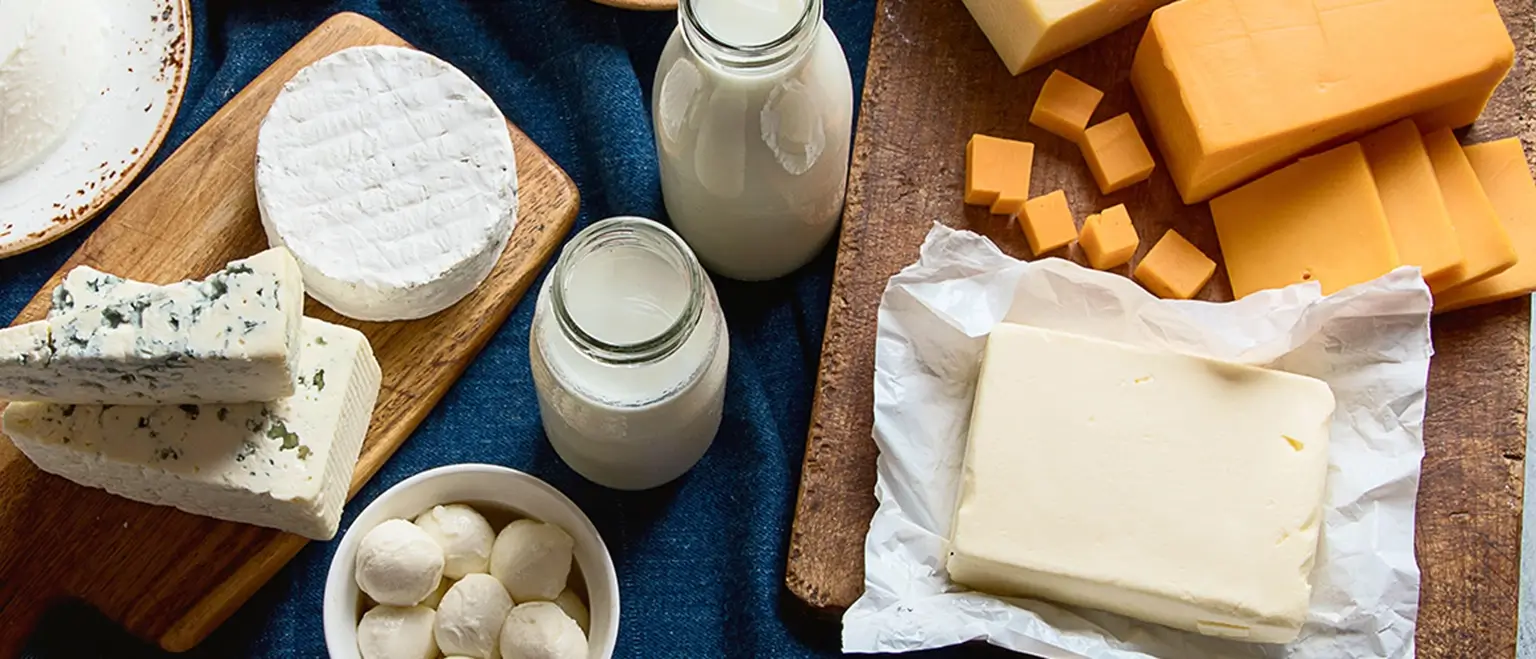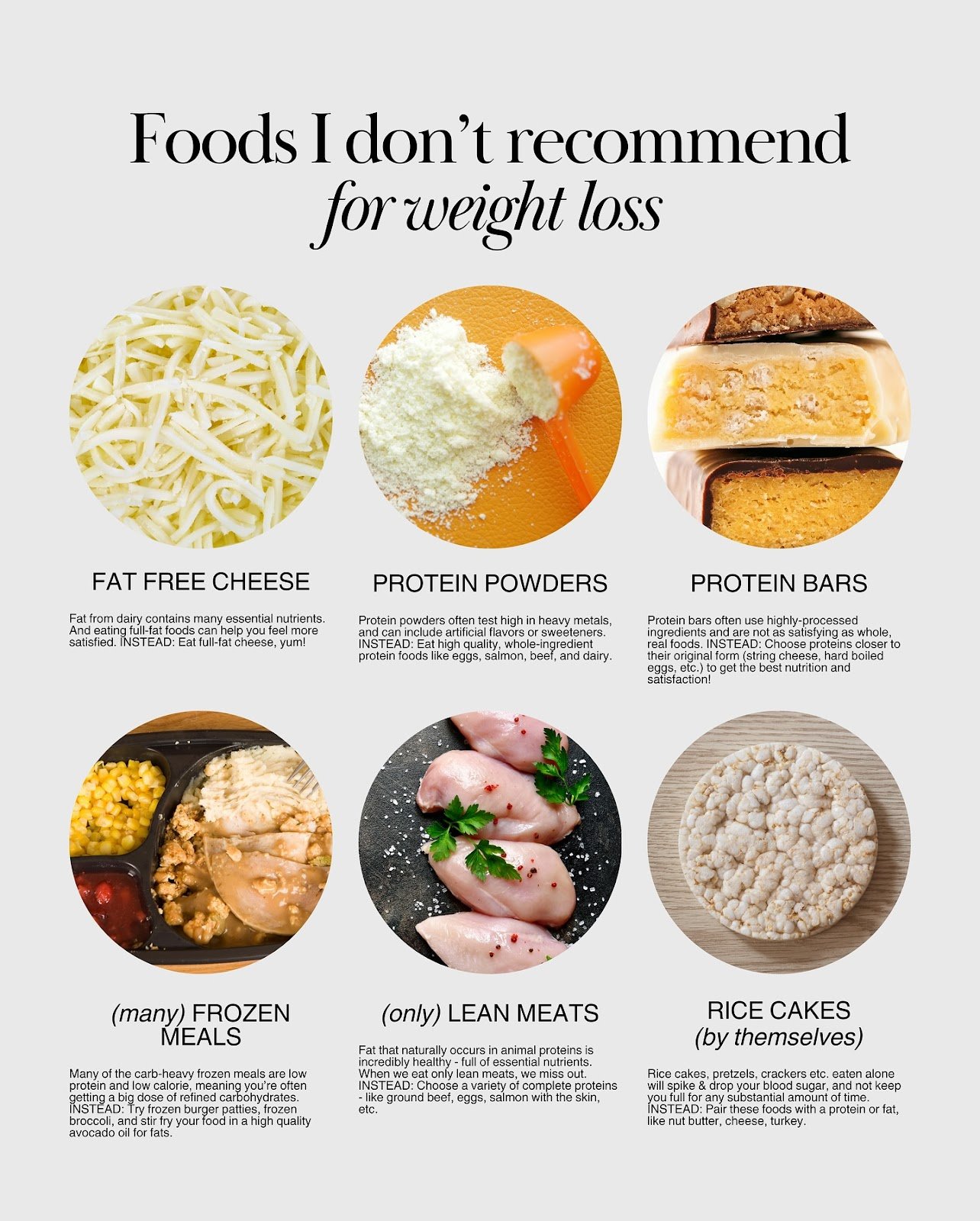Are you wondering if eating dairy can actually help you lose weight? You might be surprised to learn that some dairy products could play a key role in your weight loss journey.
But how does this work, and which dairy foods are the best choices for shedding pounds? Keep reading to discover the facts behind dairy and weight loss, so you can make smarter decisions for your body and reach your goals faster.

Role Of Dairy In Weight Management
Dairy products include milk, cheese, and yogurt. They offer nutrients that may help control weight.
People often wonder if dairy can support fat loss. Dairy provides calcium and protein, which might play a role.
Calcium’s Impact On Fat Breakdown
Calcium helps the body break down fat more efficiently. It may reduce fat storage in cells.
Studies show higher calcium intake links to lower body fat. Dairy is a good calcium source.
- Calcium boosts fat metabolism
- It may reduce fat absorption
- Dairy is rich in calcium
Protein And Satiety Effects
Dairy protein helps you feel full longer. It slows hunger and lowers calorie intake.
Whey and casein are main dairy proteins. They support muscle health and control appetite.
- Protein increases fullness
- Reduces snacking between meals
- Supports muscle maintenance
Types Of Dairy And Their Nutritional Profiles
Dairy types vary in fat, protein, and calories. Choose according to your dietary needs.
| Dairy Type | Fat Content | Protein (per serving) | Calories (approx.) |
|---|---|---|---|
| Skim Milk | Low | 8g | 80 |
| Whole Milk | High | 8g | 150 |
| Greek Yogurt | Low to Medium | 15g | 100 |
| Cheese | High | 7g | 110 |
Low-fat dairy options have fewer calories. Full-fat versions provide more energy and fat.

Research Findings On Dairy And Weight Loss
Dairy products are common in many diets worldwide. People often ask if dairy can help with weight loss.
Scientists have studied how dairy affects body weight. Their findings show mixed results.
Studies Supporting Weight Loss Benefits
Some research suggests dairy helps reduce body fat. Calcium and protein in dairy may boost fat burning.
Dairy can also increase feelings of fullness. This may lower calorie intake and support weight loss.
- Calcium helps break down fat cells
- Protein supports muscle growth and repair
- Fullness from dairy reduces hunger
Contradictory Evidence And Limitations
Other studies find little or no weight loss from dairy. Some show dairy may increase calorie intake.
Many studies have small groups or short times. This limits how well results apply to everyone.
- Some studies lack control groups
- Short study periods may miss long-term effects
- Different dairy types may cause mixed results
Population Variations In Response
People respond differently to dairy based on age, weight, and health. Genetics also play a role.
Some groups see more benefit from dairy in weight loss. Others may not see any change or gain weight.
- Older adults may benefit more from dairy protein
- People with lactose intolerance may avoid dairy
- Body type can affect how dairy impacts weight
Choosing The Right Dairy Products
Dairy products can be part of a weight loss plan. Choosing the right type matters for good results.
Some dairy foods help control hunger and provide nutrients with fewer calories.
Low-fat Vs Full-fat Options
Low-fat dairy has less fat and fewer calories. It suits people who want to reduce calorie intake.
Full-fat dairy has more fat but can keep you full longer. Fat also helps absorb vitamins.
- Low-fat: milk, yogurt, cheese with less fat
- Full-fat: whole milk, cream, butter, full-fat yogurt
- Choose based on hunger control and calorie needs
Fermented Dairy Benefits
Fermented dairy like yogurt and kefir has good bacteria. These help digestion and gut health.
Good gut health can support weight loss by improving metabolism and reducing inflammation.
- Yogurt with live cultures
- Kefir, a fermented milk drink
- Cultured cheeses like cottage cheese
Incorporating Dairy Into A Balanced Diet
Use dairy as part of meals with fruits, vegetables, and whole grains. This gives a balanced diet.
Watch portion sizes to avoid extra calories. Dairy can add protein and calcium to your meals.
- Include a serving of dairy daily
- Pair dairy with fiber-rich foods
- Choose plain, unsweetened dairy products
Potential Downsides Of Dairy Consumption
Dairy products can be part of a healthy diet. Some people use dairy to help with weight loss. Still, dairy may cause problems for some individuals.
It is important to know the possible downsides before adding more dairy to your meals. This helps you make safe and smart choices.
Lactose Intolerance And Digestive Issues
Lactose intolerance means the body cannot digest lactose well. Lactose is a sugar found in milk and dairy.
People with lactose intolerance may get cramps, gas, or diarrhea after eating dairy. This can make weight loss harder.
- Common symptoms: bloating, stomach pain, diarrhea
- Symptoms appear after consuming milk or cheese
- Can avoid symptoms by choosing lactose-free products
Added Sugars In Flavored Products
Flavored dairy products like chocolate milk or yogurt often have added sugars. These sugars add calories and reduce health benefits.
Eating too many sugary dairy items can slow weight loss or cause weight gain. It is best to check labels and choose plain versions.
- Added sugars increase calorie count
- Sugary dairy can spike blood sugar levels
- Plain dairy is healthier for weight loss
Caloric Considerations
Dairy products can be high in calories. Full-fat milk, cheese, and cream have more calories than low-fat or skim versions.
Eating large amounts of high-calorie dairy can add up fast. This may stop weight loss progress or cause weight gain.
- Full-fat dairy has more calories
- Low-fat options lower calorie intake
- Portion control helps manage calories
Practical Tips For Using Dairy In Weight Loss
Dairy products can be part of a weight loss diet if used wisely. They provide protein and calcium that support body functions.
Choosing low-fat or fat-free dairy options helps reduce calorie intake. Balancing dairy with other foods is key to success.
Meal Planning With Dairy
Include dairy in meals to add protein and keep you full longer. Use yogurt, milk, or cheese in your dishes.
Plan meals with dairy that fit your calorie goals. Combine dairy with vegetables, whole grains, and lean proteins.
- Use low-fat milk in oatmeal or smoothies
- Add cottage cheese to salads or snacks
- Include plain yogurt with fresh fruits
- Choose reduced-fat cheese for sandwiches
Snack Ideas Featuring Dairy
Dairy snacks can help control hunger between meals. Pick options that are low in sugar and fat.
Simple dairy snacks provide protein and calcium while keeping calories low.
- Greek yogurt with a handful of nuts
- Low-fat cheese slices with whole grain crackers
- Cottage cheese with cucumber or tomato slices
- A glass of skim milk with a small fruit
Monitoring Intake And Adjusting Diet
Track your dairy intake to avoid eating too many calories. Watch portions and choose healthier types.
Adjust your diet if weight loss slows down. Try swapping full-fat dairy for low-fat or fat-free versions.
- Measure servings to control calorie intake
- Replace high-fat dairy with lighter options
- Notice how dairy affects your hunger and energy
- Consult a nutritionist if unsure about changes
Frequently Asked Questions
Can Dairy Products Boost Weight Loss Effectively?
Dairy products can aid weight loss by providing protein and calcium. Protein helps increase fullness, reducing calorie intake. Calcium may support fat metabolism. However, results vary, and dairy should be part of a balanced diet for best effects.
Which Dairy Foods Are Best For Weight Loss?
Low-fat or fat-free options like yogurt, milk, and cottage cheese are best. These contain fewer calories but high protein. Avoid full-fat or sugary dairy to prevent excess calorie intake that hinders weight loss.
How Does Calcium In Dairy Affect Fat Loss?
Calcium in dairy may help regulate fat breakdown and storage. It promotes fat oxidation, which can support weight loss. Adequate calcium intake from dairy can also improve metabolism and body composition.
Is Full-fat Dairy Better Or Worse For Weight Loss?
Full-fat dairy is higher in calories, which may hinder weight loss if overconsumed. However, it can increase satiety, reducing overall calorie intake. Moderation and individual tolerance are key when choosing dairy fat content.
Conclusion
Dairy products can support weight loss when consumed wisely. They offer essential nutrients like calcium and protein. These nutrients help keep you full, reducing the urge to snack. Choose low-fat or non-fat options for fewer calories. Balance dairy with fruits, vegetables, and whole grains.
Moderation is key. Consult a doctor or nutritionist for personalized advice. Remember, a balanced diet and regular exercise are crucial for weight loss. Be patient with your journey. Healthy habits take time to develop. Keep a positive mindset and stay consistent.
Your health is worth it.



